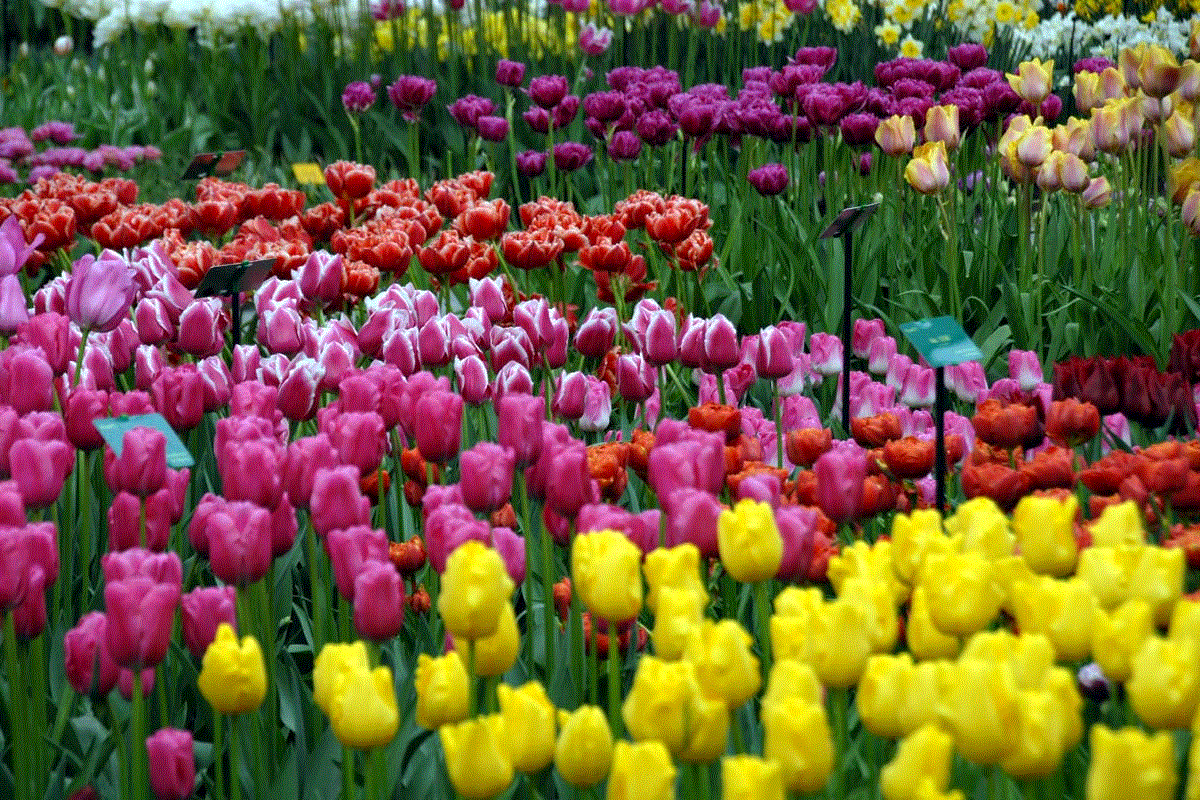Dr. Maria Montessori
The Montessori movement has spread throughout the world. It is a shining beacon of light in a conventional educational world. What Maria Montessori started as a scientific investigation has flourished as a monumental humanitarian and pedagological endeavor. What she felt in her heart has become an international cause. Children are unique and a most precious resource.
Dr. Maria Montessori Born: August 31, 1870 in Chiaravalle, Italy.
Early Adulthood: An extraordinarily gifted person with the scholarly bent of a Madame Curie and the compassionate soul of a Mother Teresa, Maria Montessori was always ahead of her time. Despite cultural taboos she became Italy's first female doctor when she graduated in 1896. Initially she took care of children's bodies and their physical ailments and diseases. Then her natural intellectual curiosity led to an exploration of children's minds and how they learn. She believed that environment was a major factor in child development.
Professional Life: Appointed Professor of Anthropology at the University of Rome in 1904, Montessori represented
Italy at two international women's conferences: Berlin in 1896 and London in 1900. She amazed the world of education with her glass house classroom at the Panama-Pacific International Exhibition in San Francisco in 1915. In 1922 she was appointed Inspector of Schools in Italy. She lost that position when she refused to have her young charges take the fascist oath as the dictator Mussolini required.
Travels To America: Dr. Montessori visited the U.S. in 1913 and impressed Alexander Graham Bell who founded the Montessori Education Association in his Washington, D.C. home. Her American friends included Helen Keller and Thomas Edison. In 1915 she mounted an exhibit at the Panama-Pacific International Exhibition in San Francisco. It featured a glass class room which allowed people to observe her teaching methods. She also conducted training sessions and addressed the NEA and the International Kindergarten Union.
Training Her Followers: Dr. Montessori was a teacher of teachers.
She wrote and lectured unceasingly.She opened a research institute in Spain in 1917 and conducted training courses in London in 1919. She founded training centers in the Netherlands in 1938 and taught her methodology in India in 1939. She established centers in The Netherlands (1938) and England (1947). An ardent pacifist, Dr. Montessori escaped harm during the turbulent '20's and '30's by advancing her educational mission in the face of hostilities
Honors: Dr. Montessori was nominated three times for the Nobel Peace Prize - in 1949, 1950 and 1951.
Educational Philosophy: Maria Montessori was profoundly influenced by Fredrich Froebel, the 'inventor' of kindergarten, and by Johann Heinrich Pestalozzi, who believed that children learned through activity. She also drew inspiration from Itard, Seguin and Rousseau. She enhanced their approaches by adding her own deeply felt belief that we must 'follow the child'. One does not teach children, but rather creates a nurturing climate
Methodology: Maria Montessori wrote over a dozen books. The most well known are the Montessori Method (1916) and The Absorbent Mind (1949).
Dr. Montessori taught that placing children in a stimulating environment, e.g., the Children's House, will encourage learning. She saw the traditional teacher as a 'keeper of the environment' who was there mainly to facilitate the children's self-conducted learning process. She did not permit any form of corporal punishment or demeaning behavior in her class rooms.
Legacy: The so-called Montessori Method got its start with the opening of the original Casa Dei Bambini in the slum district of Rome known as San Lorenzo. Montessori took fifty hopelessly deprived ghetto children and awakened them to life's excitement and possibilities. Within months people came from near and far to see her in action and to learn her strategies. She founded the Association Montessori International in 1929.
Maria Montessori in the 21st Century:
'Help me to do it by myself!'
Dr. Montessori's pioneering work with children's education began at the beginning of the twentieth century. One hundred years later her philosophy and approach remains remarkably fresh and in tune with modern minds.In particular it resonates with parents who seek to stimulate their children through creative activity and exploration in all its forms. Children educated in the Montessori manner know who they are as people. They are confident, at ease with themselves, and interact on a high social plane with their peers and adults. Montessori students are naturally curious about their surroundings and are eager to explore anything and everything. They go on to adulthood ready to make a contribution to society rather than becoming a drain on it.
After her death in 1952 two members of the Montessori family After her death in 1952 two members of the Montessori family continued her great work.
Her son Mario directed the AMI until his death in 1982. Recently her granddaughter Renilde has been active as Secretary-General of the AMI. Truly Montessori education is a family affair.

